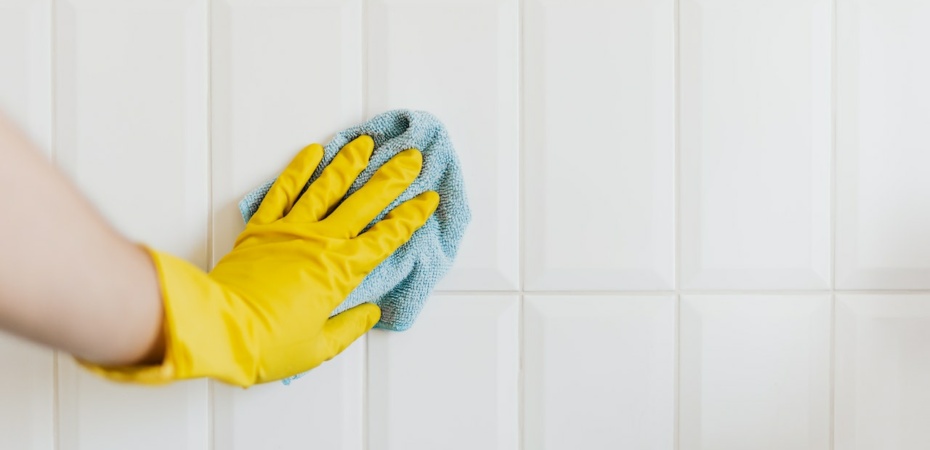Damp and mould in our home can harm our health. But fresh air is key to keeping it at bay
This article contains affiliate links, which allow Quids in! to make money to continue our work supporting people on low incomes.
Damp and mould in our homes could pose a risk to our health, leading to allergies, asthma, breathing problems and infections.
Babies, children and the elderly are most at risk. So are people who already suffer from these issues or those who have a weaker immune system.
Mould spores can get into our lungs and cause coughing, sneezing or even leave us fighting for breath.
There are lots of reasons why damp and mould can build up, but there are things we can do to keep it at bay.
Fight the root causes
When steam hits a cool surface the moisture can settle and lead to mould on walls or around windows.
We can let more moisture out by opening windows when we create steam. For example, if we’re cooking or in the shower.
As well as that, we could also use a moisture absorber – they’re on Amazon and pretty cheap. Or make our own – some cat litter in a plastic tub with some holes drilled in the lid does the same job.
Dehumidifiers are more expensive but are amazingly effective. This portable dehumidifier is a great buy and is ideal for smaller rooms. Or for a slightly bigger room we can try this one.
It’s a good idea to open a window too if we’re drying clothes inside. Other tips include using an extractor fan in the bathroom and kitchen. We can also keep the door closed when we’re cooking or showering to stop the steam spreading. And rooms in our home should be heated to 15 degrees or more.
Report damp and mould
If we already have damp or mould in our home, it’s important to remember it’s not our fault. Small patches can sometimes be cleaned off. (If we have breathing or other health problems it may not be a good idea to do this ourselves).
But some homes are just more prone to damp and mould than others.
We should report the mould to our landlord straight away, and we can also contact the environmental health department of our council.
If in doubt though, ventilate whenever possible. This can be as simple as opening a window or air vent – anything that lets fresh air move through our home.
Quids in! top tips
Leaks from faulty pipes or badly sealed baths and showers can build up and cause damp and mould
Air circulates better around a room if we leave a slight gap between our furniture and the walls
We’re adding moisture to the air in our home all the time – just by breathing. Plants and even pets contribute too – so be sure to ventilate!
Photo: Karolina Grabowska / Pexels



